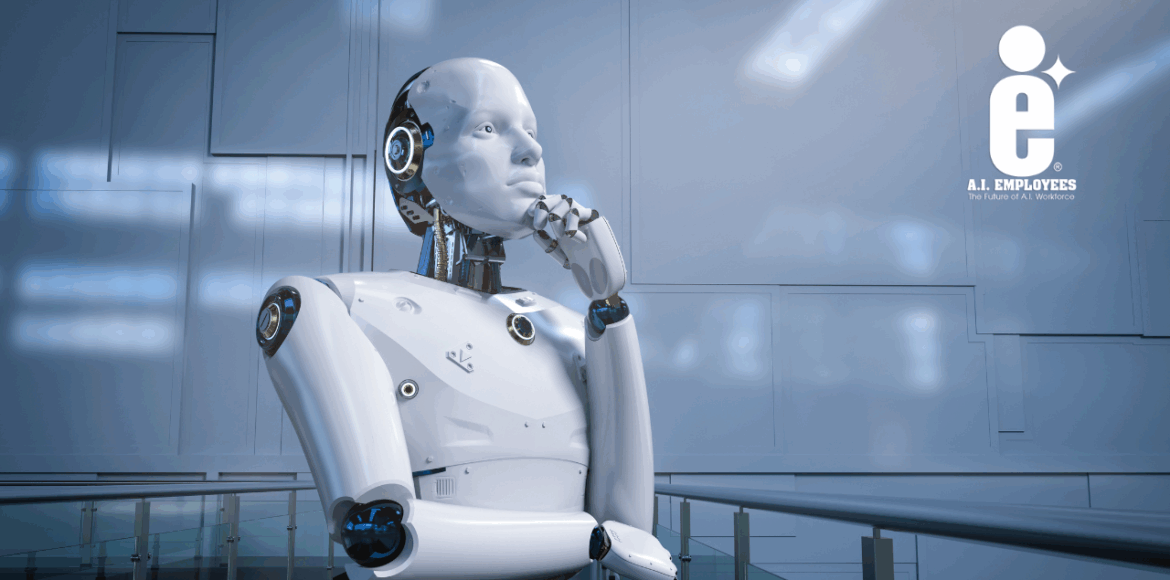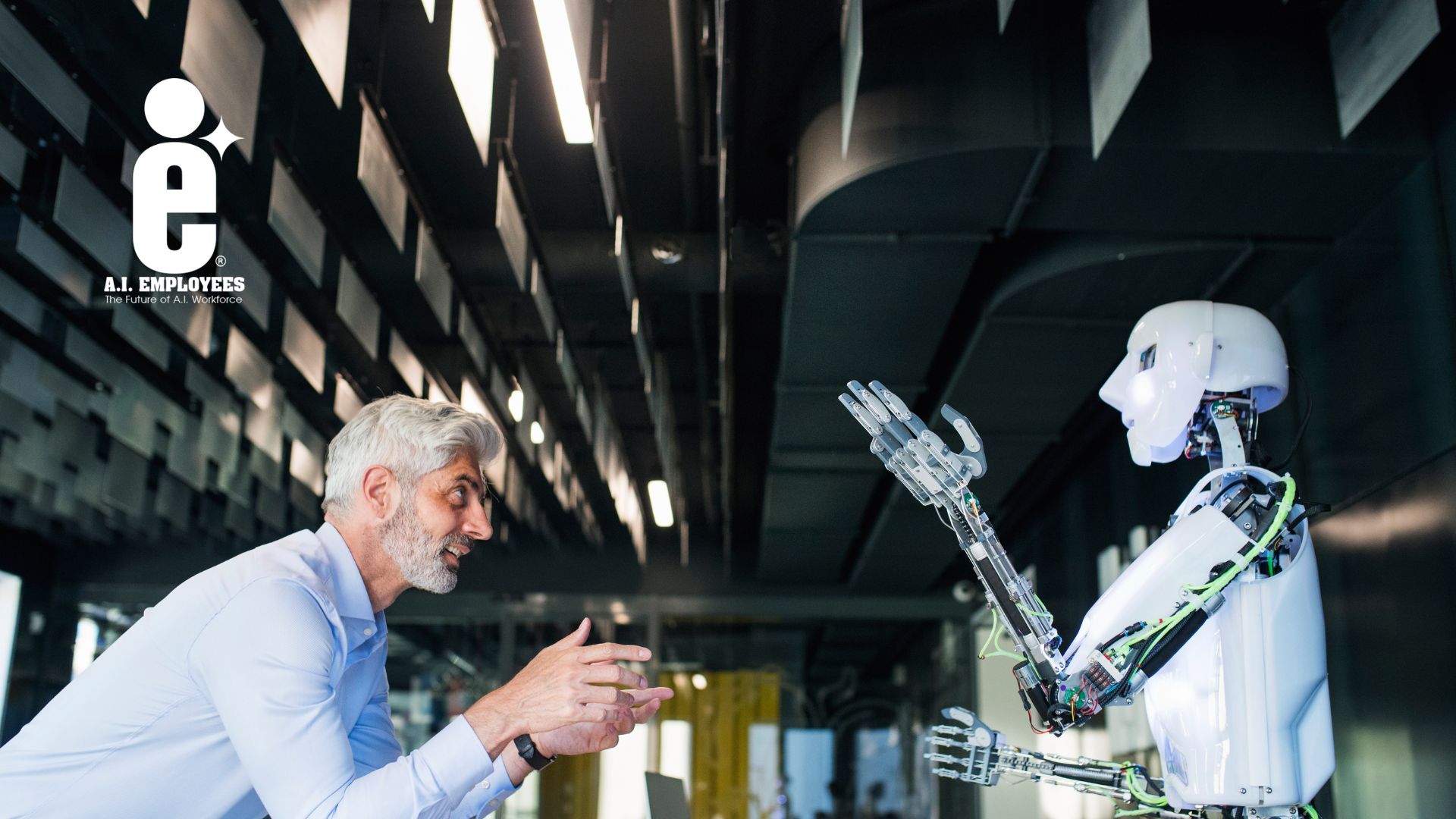AI Impact on Jobs: The Future of White-Collar Employment

Artificial intelligence (AI) is rapidly transforming the job market, especially in white-collar sectors like technology, finance, law, and consulting. As AI systems become more advanced, concerns about job replacement are growing, particularly for entry-level positions. Industry experts warn that this shift could have significant effects on employment rates and workforce dynamics.
Job Replacement: What to Expect in White-Collar Sectors ⚠️
According to Anthropic CEO Dario Amodei, AI has the potential to eliminate up to half of all entry-level white-collar jobs within the next 1 to 5 years. This alarming prediction suggests unemployment rates could rise to 10-20% as AI technologies take over tasks traditionally done by humans.
Entry-level roles in sectors such as:
- Technology 💻
- Finance 💰
- Law ⚖️
- Consulting 📊
are particularly vulnerable because they often involve routine, repetitive tasks—perfect for AI automation.
For more insights on how AI is changing the workforce, visit www.AiE.center.
How AI Is Changing the Workforce Dynamics 🤖👥
While AI may replace certain roles, it also creates new opportunities. The rise of the AI employee is a key example. These are workers who collaborate with AI systems, managing and optimizing AI-driven workflows rather than competing against them.
Businesses are increasingly relying on AI employees to:
- Analyze large datasets
- Automate routine processes
- Enhance decision-making capabilities
However, this transition requires workforce reskilling and adjustment to new job roles.
Explore how to prepare for the AI employee era at www.AiE.center.
Balancing Automation and Employment: Challenges Ahead ⚖️
The displacement of entry-level jobs by AI presents several challenges:
- Economic Impact: Increased unemployment could strain social safety nets.
- Skill Gaps: Workers may need extensive retraining to qualify for emerging roles.
- Ethical Concerns: Fairness and transparency in AI decision-making remain critical issues.
To address these challenges, businesses and policymakers must collaborate to create sustainable solutions.
Learn more about managing AI’s impact on jobs at www.AiE.center.
Preparing for an AI-Driven Future: Key Strategies ✔️
To thrive in a future shaped by AI job replacement, consider these strategies:
- Invest in Upskilling: Focus on skills that AI cannot easily replicate, such as creativity, emotional intelligence, and complex problem-solving.
- Embrace Lifelong Learning: Continuous education will be vital as job requirements evolve.
- Support Workforce Transition: Companies should provide resources for employees shifting into new roles alongside AI employees.
By proactively adapting, workers and businesses can harness AI’s benefits while minimizing disruptions.
Conclusion
AI’s impact on jobs, especially in white-collar sectors, is profound and fast-moving. With predictions of up to 50% job replacement for entry-level positions within five years, the rise of the AI employee marks a significant shift in how work gets done. While challenges exist, embracing change and focusing on reskilling will be essential for a balanced and prosperous future.


